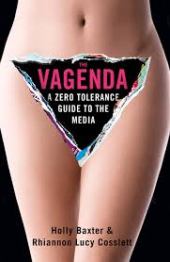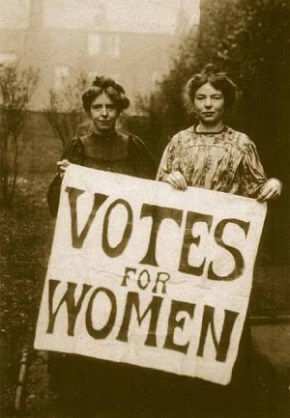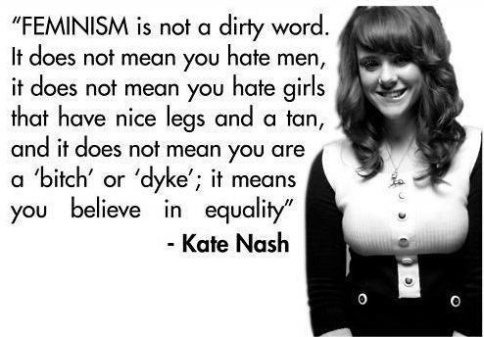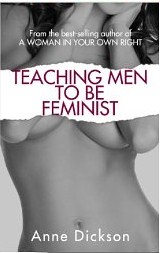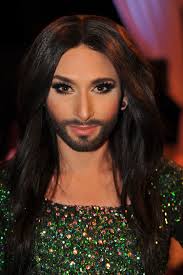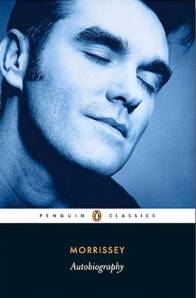As you may have noticed, my blog has been a little quiet lately. But I felt compelled to take a break from my hectic schedule to write this entry. After catching up with THE episode of Question Time. You know, the one with those two headline-grabbers claiming to give a shit about ‘the working British man’ …
Well what about the working British woman? Yet again sexist commentary and aggressive interruption of a female panelist was left unchallenged… Except by another female panelist.
Gentlemen, it a time to wake up. To realise that gender equality is at the heart of so many of our problems and to understand that it is YOUR ISSUE AS WELL.
Let’s begin with the comedian-come- saviour of us all *cough*…
Russell Brand.
Brand is no revolution leader… He is a sexist, self-serving career man.
How dare he have the audacity to assume he can speak for “us”, the electorate?
How dare he refer to Penny Mordaunt MP as “love” and talk her down. Is it not this kind of tone which undermines the position of female MPs? Is it not this very attitude which perpetuates the inequalities Brand claims to be addressing?
Possibly worst of all – How dare he suggest that the answer to our problems is to refrain from voting?
Spoil your paper, vote for the most unlikely party – but NEVER stop voting! All over the world, people are still denied this fundamental human right, and yet this attention seeking wannabe is advocating we squander ours? Maybe if the British education system told our kids about feminist history, Brand wouldn’t be so ignorant about this issue.
As a regular Question Time viewer, it is frustrating when they pull the ‘ratings winner’ stunt; inviting the likes of Brand and UKIP’s Nigel Farrage was always going to make headlines. Brand was clearly supposed to represent a voice for “ordinary people who disagree with UKIP.
Well guess what… I disagree with UKIP. But I also disagree with casual, off the cuff sexism on prime time TV.
When Penny Mordaunt attempted to quote the inspiration that is Malala, she was talked down. And why? Because Russel Brand is exactly the type of man who will be threatened by female political presence…
It speaks volumes that a comedian (who lest we forget has already publicly slut-shamed Andrew Sachs’ grand daughter) thinks he has the right to adopt a persona bordering on contemporary-Marxist. It is beyond hypocritical for him to preach about inequality, and talk to a female panelist in such a patronising way.
I’m not saying that Brand did not make some incredibly salient points (His response to the moronic Nigel Farage was fairly spot on) But this only demonstrates his position on the existing male-dominated political spectrum. As per usual, gender inequality was not listed among the most pressing issues in our society – probably because this would detract from Brand’s ‘working class champion’ fantasy.
So feminists, I urge you to continue to fight for what we all know is right. To ignore this man and others like him and use your vote in May. Stand up for what you believe in – even if that’s with a scribble on your ballot!










